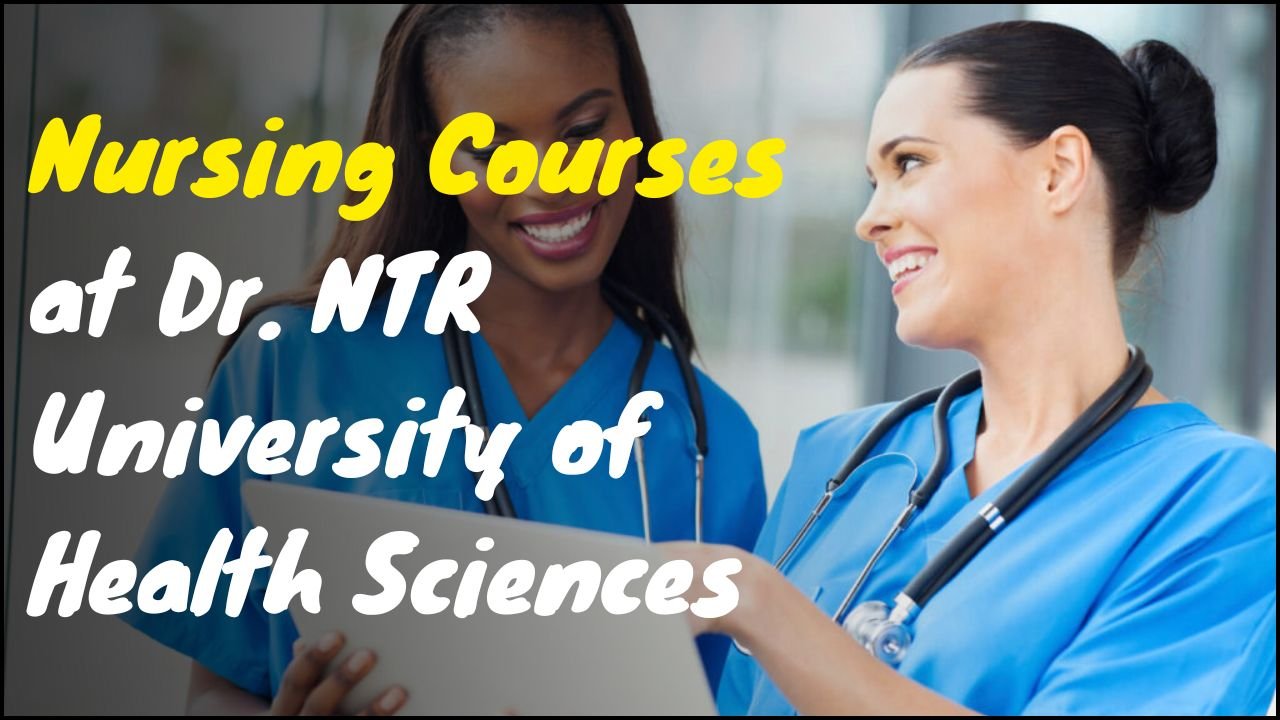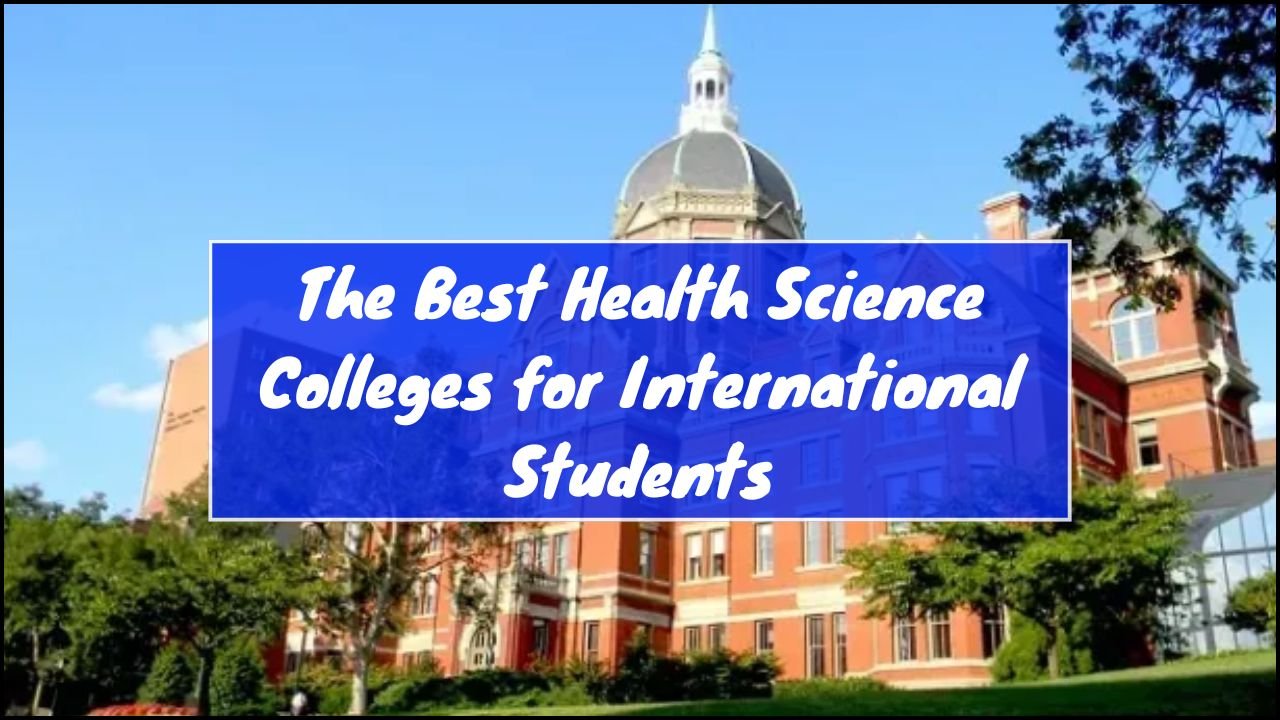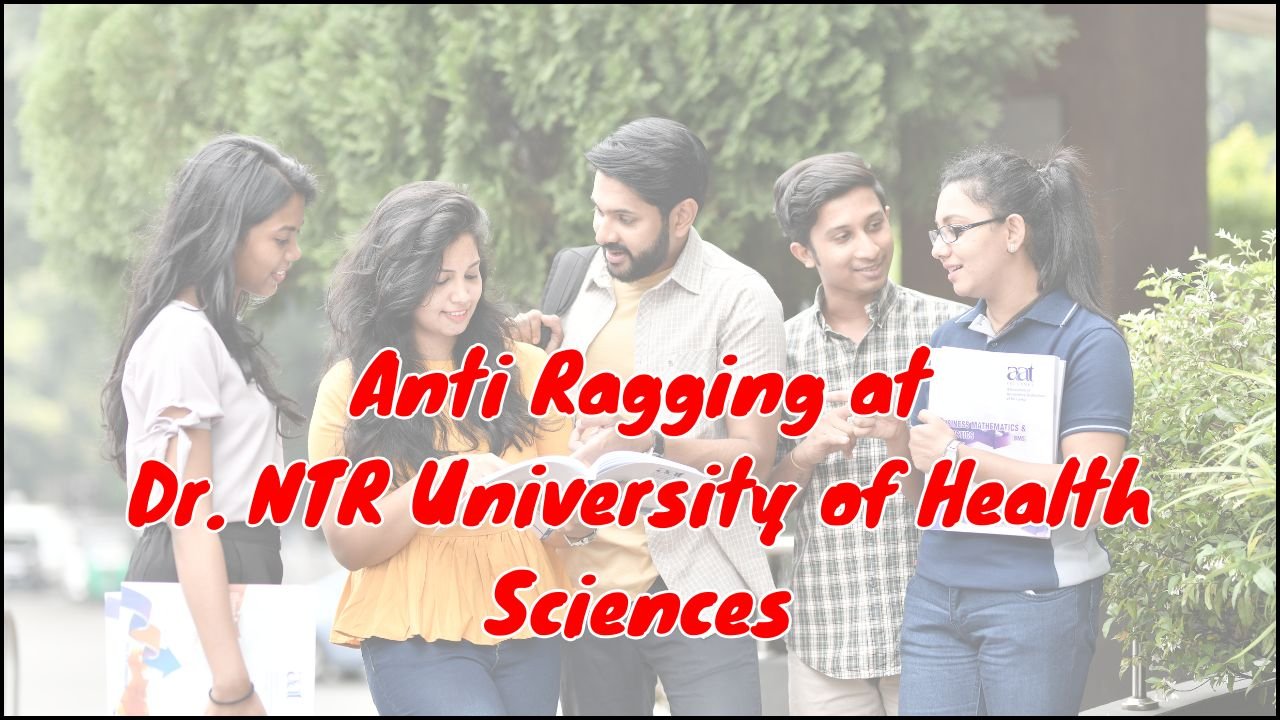
Health science colleges and medical colleges are two distinct categories of educational institutions that cater to students aspiring to pursue careers in healthcare. While both institutions focus on educating students in the health and medical fields, they have different scopes, disciplines, and areas of specialization. Health science colleges offer a broad range of programs in various health-related fields, whereas medical colleges primarily focus on training doctors and other medical professionals. Understanding the key differences between these institutions can help students make informed decisions about their educational paths.
Table of Contents
Key Differences Between Health Science Colleges and Medical Colleges
| Aspect | Health Science Colleges | Medical Colleges |
|---|---|---|
| Programs Offered | Offers a variety of programs in health-related fields like nursing, physiotherapy, public health, and medical laboratory technology. | Primarily offers medical programs like MBBS (Bachelor of Medicine, Bachelor of Surgery) and MD (Doctor of Medicine). |
| Duration of Courses | Courses can range from 2 to 4 years, depending on the program. | Medical courses typically last 5 to 6 years for an MBBS, followed by residency for specialization. |
| Specializations | Includes areas such as dental hygiene, medical imaging, health administration, and more. | Focuses specifically on specialties related to medicine, such as cardiology, surgery, pediatrics, etc. |
| Admission Requirements | Medical courses typically last 5 to 6 years for an MBBS, followed by a residency for specialization. | Requires high scores in competitive entrance exams and a higher level of qualification, such as pre-medical education. |
| Career Paths | Graduates can work as nurses, physiotherapists, healthcare administrators, and in medical research or diagnostics. | Graduates primarily become doctors, with opportunities to specialize in different medical fields. |
| Focus Area | Emphasizes broader aspects of health care, such as prevention, rehabilitation, and health promotion. | Focuses on diagnosing, treating, and preventing medical conditions. |
| Training Method | Includes both theoretical coursework and hands-on practical training in health settings. | Combines theoretical education with clinical training in hospitals, focusing on patient care. |
| Accreditation | Accrediting bodies vary by country and program; some are specific to nursing or allied health fields. | Medical colleges are accredited by specific medical boards and authorities, ensuring high standards of medical education. |
| Research Opportunities | Often includes research in public health, healthcare systems, and disease prevention. | Medical colleges offer in-depth research opportunities in specific medical fields like surgery, pharmacology, and genetics. |
| Job Market | Graduates can find jobs in various healthcare settings, including hospitals, clinics, research institutions, and public health organizations. | Graduates primarily work as doctors in hospitals, private practices, and specialized clinics. |
Program Comparison: Health Science vs. Medical Programs
| Program | Health Science Colleges | Medical Colleges |
|---|---|---|
| Nursing | A vital part of health science education, focusing on patient care and nursing techniques. | Not part of the medical college curriculum; nursing is usually studied in health science institutions. |
| Physiotherapy | Includes programs that teach physical rehabilitation techniques. | Not commonly offered in medical colleges; usually found in health science colleges. |
| Public Health | Focuses on population health, disease prevention, and health policy. | Not part of the medical college curriculum, nursing is usually studied in health science institutions. |
| Medical Laboratory Technology | Prepares students for working in laboratories, conducting diagnostic tests. | Medical colleges focus more on clinical practice and less on laboratory technology. |
| Dentistry | Some health science colleges offer programs related to oral health and dental hygiene. | Medical colleges may offer dental programs in specialized schools or faculties. |
Training and Practical Experience
| Aspect | Health Science Colleges | Medical Colleges |
|---|---|---|
| Practical Experience | Students engage in hands-on training, including internships and clinical placements in healthcare facilities. | Students are required to complete internships and residencies in hospitals under the supervision of experienced doctors. |
| Clinical Exposure | Health science students gain exposure to various healthcare professions but not necessarily in medical settings. | Medical students undergo rigorous clinical exposure in hospitals, interacting directly with patients. |
| Skills Development | Focuses on developing skills in patient care, healthcare management, and rehabilitation. | Develops skills related to diagnosis, treatment, surgery, and patient management. |
Academic and Professional Recognition
| Aspect | Health Science Colleges | Medical Colleges |
|---|---|---|
| Accreditation Bodies | Health science programs are accredited by various bodies, depending on the field (e.g., nursing boards, therapy associations). | Medical colleges are accredited by national or regional medical councils, such as the Medical Council of India (MCI) or the American Medical Association (AMA). |
| Professional Licensing | Graduates may need certification or licensing to practice in their respective fields (e.g., registered nurse). | Graduates must pass licensing exams to practice medicine, such as the USMLE (United States Medical Licensing Examination). |
| Global Recognition | Some health science qualifications are globally recognized, but not always to the same extent as medical degrees. | Medical degrees from accredited medical colleges are widely recognized and respected around the world. |
Final Thoughts
Health science colleges and medical colleges serve different purposes in the healthcare education system. Health science colleges provide a broad range of programs that focus on various health-related fields, while medical colleges offer specialized training to become medical doctors. Choosing between these institutions depends on one’s career goals and interests in the healthcare industry.





